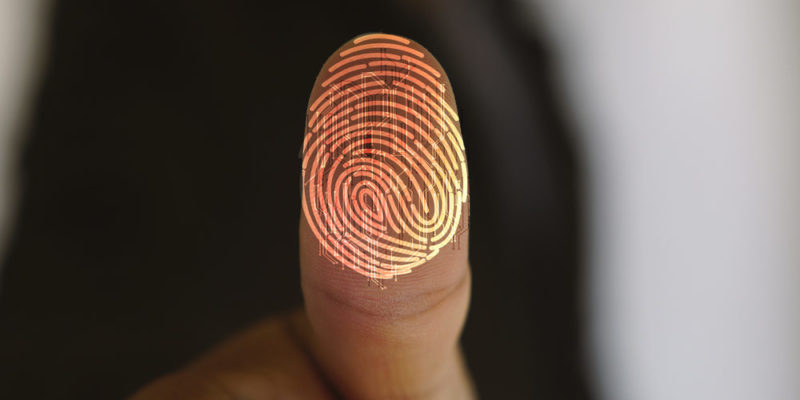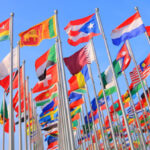We explain what identity is and its meanings in the personal and cultural sphere. Also, what is national and gender identity.

What is identity?
The term identity comes from the Latin word identiteswhich refers to group of traits and characteristics that differentiates an individual or group of individuals, from the rest. It is from this that people manage to distinguish themselves from the rest and this always depends on their own worldview and history and the context in which they live.
A problem that arises is that There are personal identities and at the same time collective identities so many times people can come into conflict over existing differences. It is identity that shapes people, what determines their tastes, needs, priorities and actions.
See also: Diversity
Personal identity

Personal identity refers in the first instance to the name and surname that each person has received. In this way, a person can be differentiated from the rest. With the advances in technology and the significant increase in population worldwide, new elements have been implemented that allow one person to be differentiated from another, such as fingerprints and DNA.
Also, personal identity can refer to issues more closely linked to culture such as profession, skills, ethnicity, religion, work activity, personality, tastes or behavior.
Continue in: Personal identity
Cultural identity
This concept implies everything that has to do with beliefs, traditions, symbols, behaviors, values and pride that are shared by the members of a certain group of people and that are in turn those that allow the existence of a feeling of belonging.
This feeling helps that, despite individual differences, members can have something in common. This can also be defined in opposition to others, this means that A group can be identified as such precisely because it presents differences explicit and notable that allow establishing the existence of different groups.
National identity

National identity, on the other hand, is one that links individuals with the nation of which they are a part. This can be due to the fact of sharing certain customs or traditions, religion, worldview or behaviors; for inhabiting the same territory or for having feelings of belonging.
This concept is clearly opposed to globalization in which the total integration of nations is promoted or the predominance of one region over the rest, which would end up imposing the traits of a group on the entire world population.
Gender identity
In recent years, people began to talk about gender identity, understanding it as the gender with which a person identifies. It can also be used to refer to the gender attributed to a person based on elements that respond to the gender role, which can be the clothes they wear, their behavior, appearance, etc.
In this way, the feeling of femininity or masculinity that a person has does not necessarily coincide with his genitality. The term gender identity is usually equated with sexual identity, although there are those who establish differences between the two.





